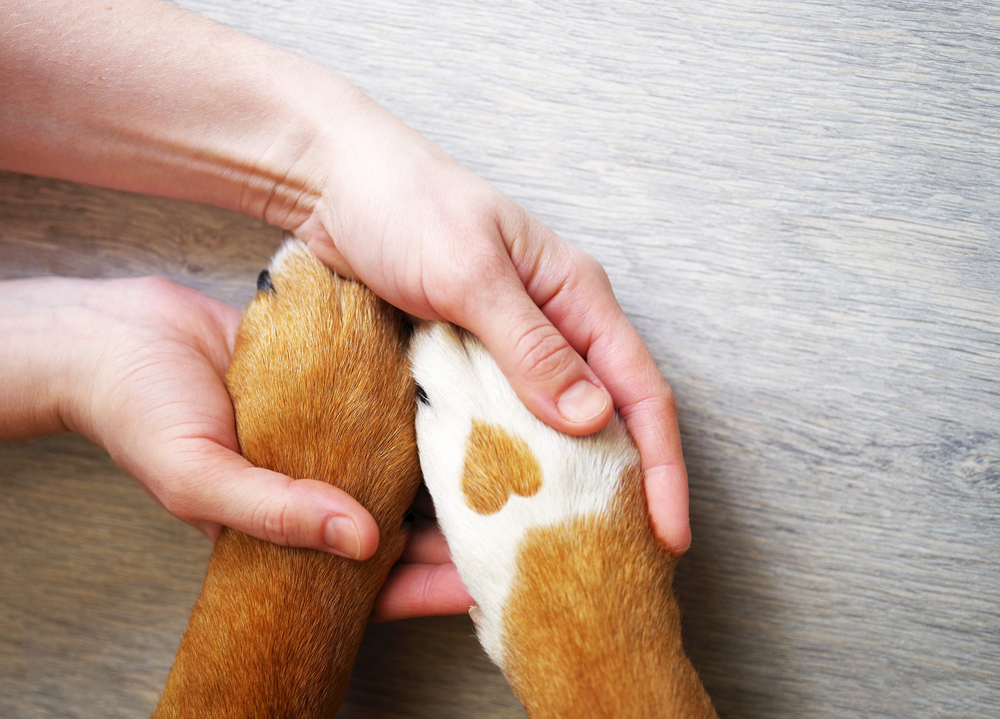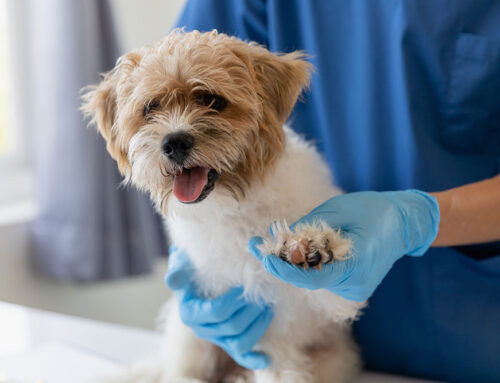When you rush to Bayview Animal Hospital in St. Petersburg, Florida, with your pet in urgent need of care, you’re greeted by a dedicated team of professionals. While the veterinarian takes the lead on diagnosis and treatment, there’s another essential team member working tirelessly behind the scenes: the veterinary technician. These skilled individuals play an indispensable role in ensuring your pet receives the best possible care, contributing significantly to the smooth operation of the veterinary clinic.
What is a Veterinary Technician?
A veterinary technician (often referred to as a vet tech) is a highly trained professional who plays a pivotal role in the world of animal healthcare. In Florida, these professionals hold the title of Certified Veterinary Technician (CVT) although in other states, they may be called Registered Veterinary Technician (RVT) or Licensed Veterinary Technician (LVT). Regardless of the title, vet techs undergo rigorous education and training to earn their credentials.
Their journey starts with completing a comprehensive two-year degree in veterinary technology from an accredited program. This curriculum covers a wide range of subjects, from anatomy and physiology to clinical procedures and pharmacology. Once they complete their education, aspiring vet techs must pass the Veterinary Technician National Examination (VTNE), a challenging test that ensures they have the necessary knowledge and skills to succeed in the field. Some states may also require additional certification or licensure exams, which further underscores the professionalism and dedication of these individuals.
Vet techs are indispensable members of the veterinary care team, providing a level of medical care and support that allows veterinarians to focus on diagnosing and treating illnesses. Without them, veterinary clinics like Bayview Animal Hospital wouldn’t be able to operate as efficiently or offer the same level of comprehensive care that pet owners rely on.
The Many Hats of a Veterinary Technician
The role of a veterinary technician is multifaceted, requiring them to take on a variety of responsibilities that are crucial to the daily operations of veterinary care. While their tasks may vary depending on the clinic’s needs, a few key responsibilities include:
1. Patient Care
Veterinary technicians are hands-on with animals from the moment they enter the clinic. They are responsible for taking vital signs—such as heart rate, respiratory rate, and temperature—to give the veterinarian critical information about your pet’s condition. Vet techs administer medications, provide general nursing care, and assist in surgeries, ensuring that anesthesia is properly monitored and the patient remains stable throughout the procedure. Their work doesn’t stop there—they also provide aftercare, ensuring that postoperative pets are comfortable, stable, and on a good path to recovery.
2. Laboratory Procedures
Veterinary technicians are skilled in performing a variety of diagnostic tests, many of which are crucial in identifying health issues early on. They are responsible for drawing blood, analyzing urine and stool samples, and preparing tissues for laboratory examination. They may also take radiographs (X-rays), which help veterinarians diagnose conditions that aren’t visible during a physical exam. It is essential that these diagnostic procedures are done well since they will help determine the cause of your pet’s symptoms and guide the course of treatment.
3. Client Communication
Communication with pet owners is another important aspect of the veterinary technician’s role. They help explain treatment plans, answer any questions about a pet’s diagnosis, and provide detailed instructions for post-operative or at-home care. Vet techs are often the bridge between the veterinarian and the pet owner, ensuring that all instructions are clear and that the pet’s home care routine is well understood. Their compassion and knowledge help reassure pet owners during what can be stressful and emotional times.
If you’re curious about the many services where our veterinary technicians play a vital role, visit Bayview Animal Hospital’s Services page.
Recognizing and Preventing Pet Health Problems
Veterinary technicians are more than just caretakers—they are educators. They are often the first to notice early signs of potential health issues and are trained to discuss preventive care with pet owners. Preventing common health problems is one of the most important aspects of veterinary care, and vet techs are instrumental in keeping pets healthy by providing advice on topics such as:
1. Obesity
Managing your pet’s weight is essential for their overall well-being. Obesity can lead to a host of health problems, including joint pain, diabetes, and heart disease. Vet techs can provide guidance on proper diet, portion control, and exercise routines to help keep your pet at a healthy weight.
2. Dental Disease
Good dental hygiene is often overlooked by pet owners, but it’s vital for your pet’s health. Poor dental care can lead to gum disease, tooth loss, and even systemic infections that can affect your pet’s heart, kidneys, and liver. Vet techs can show you how to brush your pet’s teeth and recommend products to help keep your pet’s mouth healthy.
3. Parasite Prevention
Parasites, such as fleas, ticks, and worms, can cause a variety of health problems in pets, ranging from mild discomfort to life-threatening conditions. Veterinary technicians can recommend appropriate preventive treatments and explain how to spot the early signs of a parasitic infection.
By educating pet owners on these and other preventive measures, veterinary technicians play a key role in extending the life and health of your pets.
The Value of Veterinary Technicians
The value of veterinary technicians cannot be overstated. They are the backbone of any veterinary clinic, providing critical support to veterinarians and ensuring that pets receive compassionate and competent care. Vet techs are often unsung heroes, working behind the scenes to manage multiple tasks while maintaining the highest standards of care.
Their dedication to continued education ensures that they remain knowledgeable about the latest advances in veterinary medicine, allowing them to provide the best care possible. Whether assisting in surgery, comforting a pet in distress, or educating owners on how to care for their animals, veterinary technicians are an indispensable part of the veterinary care team.







Leave A Comment